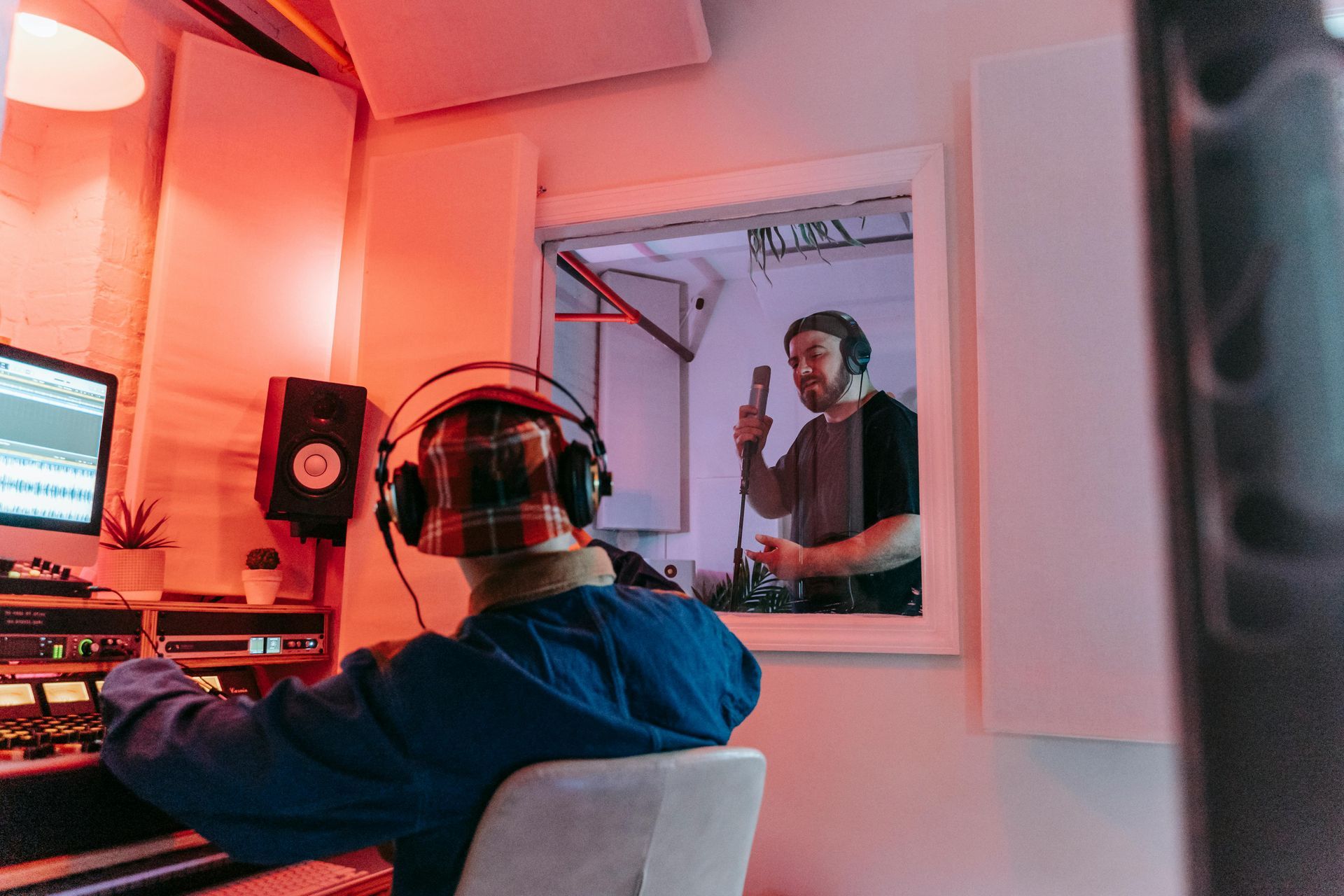5 Things Music Artists Need to Know About Sampling to Avoid Copyright Infringement Lawsuits
To avoid legal trouble, musicians and producers must understand the legal landscape of sampling.

Music sampling—taking a portion of an existing sound recording and incorporating it into a new composition—has been a staple of music production for decades. However, improper sampling can lead to costly copyright infringement lawsuits. To avoid legal trouble, musicians and producers must understand the legal landscape of sampling. Here are five crucial things to keep in mind:
1. You Need Permission for Both the Master and Composition
When you sample a recording, you are actually dealing with two separate copyrights:
- The sound recording (the "master") is owned by a record label or independent artist.
- The underlying composition (the melody, lyrics, and arrangement) is owned by the songwriter or music publisher.
To legally sample a song, you must obtain permission (a license) from both copyright holders. If you clear only one and not the other, you could still face legal consequences.
2. “Fair Use” Doesn’t Apply to Sampling in Most Cases
Many artists mistakenly believe that using a short snippet of a song falls under fair use, but courts have repeatedly ruled that unauthorized sampling—even of just a few seconds—can constitute copyright infringement. Unless the sample is transformed significantly (which is a high legal bar to clear), it is unlikely to qualify as fair use.
3. “Interpolation” is an Alternative but Still Requires Clearance
Some artists and producers avoid sampling the master recording by replaying or recreating a portion of a song instead—this is known as interpolation. While this method avoids needing a license for the sound recording, you still need permission from the songwriter or publisher for the composition. Skipping this step could still lead to legal action.
4. Sample Clearance Can Be Expensive and Time-Consuming
Clearing a sample requires negotiating fees and licensing terms with the rights holders. Costs vary widely, depending on factors like the sample’s prominence in your song and the popularity of the original track. Some copyright owners may demand a flat fee, royalties, or even a percentage of your song’s ownership. Others may refuse permission altogether. Plan ahead, as clearance can take weeks or months.
5. Unlicensed Sampling Can Lead to Serious Consequences
If you use an unlicensed sample and release the song, you risk:
- A lawsuit for copyright infringement, which can result in damages and legal fees.
- Song removal from streaming platforms if the rights holders issue a takedown notice.
- Loss of earnings if a court orders you to pay royalties or hand over a portion of ownership.
High-profile cases, like the lawsuit over Robin Thicke’s Blurred Lines, have shown that copyright owners aggressively protect their rights. Some lawsuits have resulted in millions of dollars in settlements or judgments.
Conclusion
If you plan to sample music, always secure the necessary permissions in writing before releasing your track. If clearance isn’t an option, consider using royalty-free sample packs or creating original sounds. Understanding the legal risks of sampling can save you from expensive lawsuits and help protect your career in the music industry.
